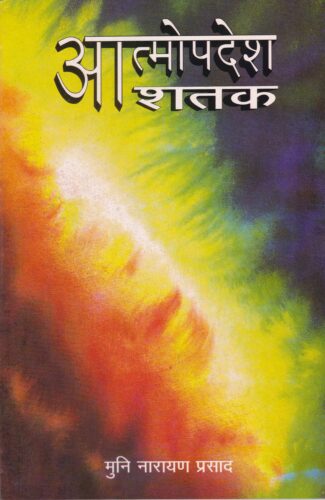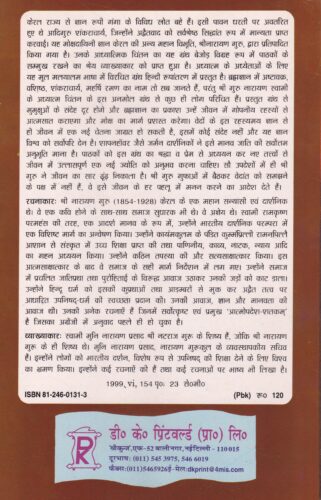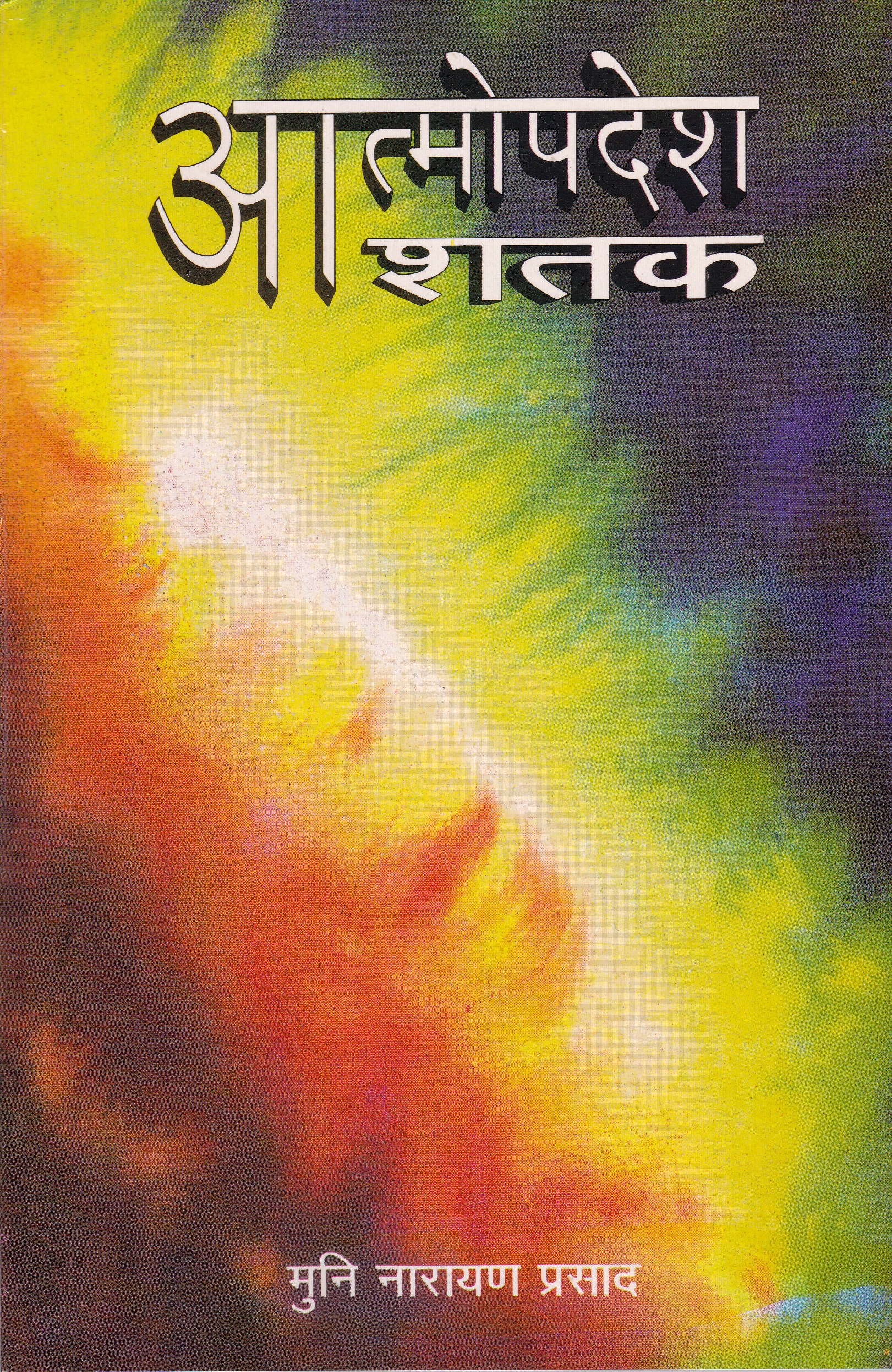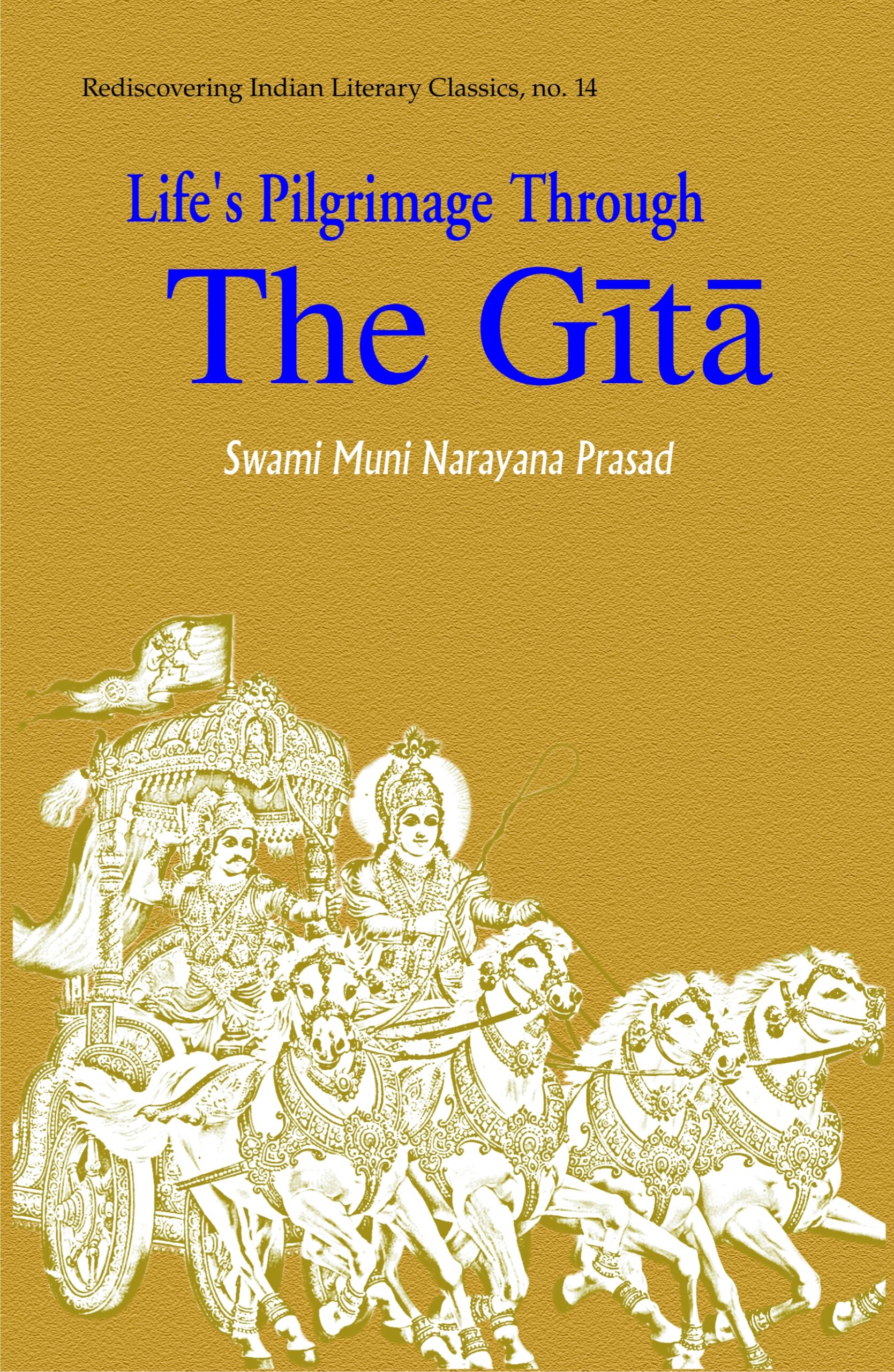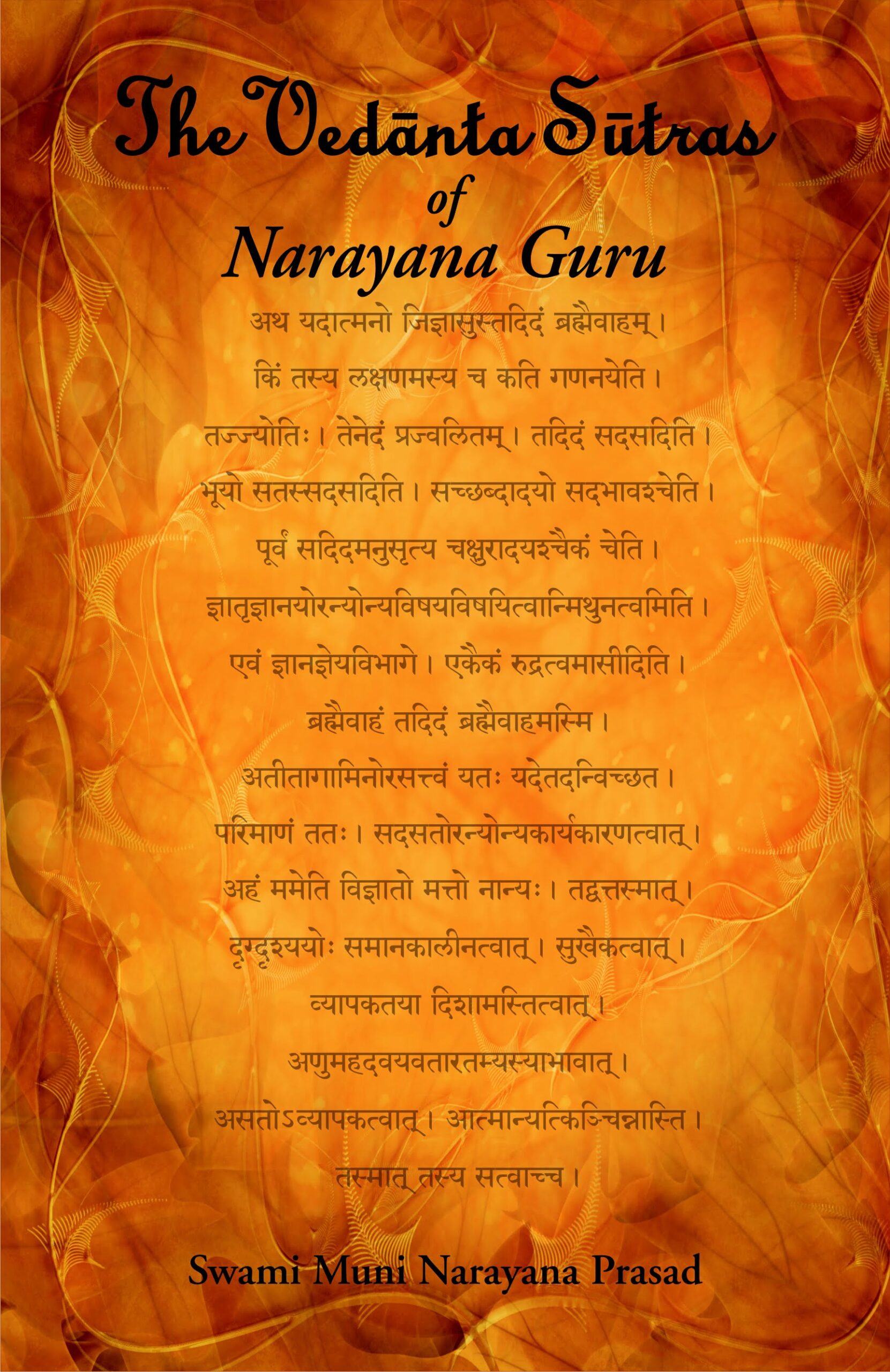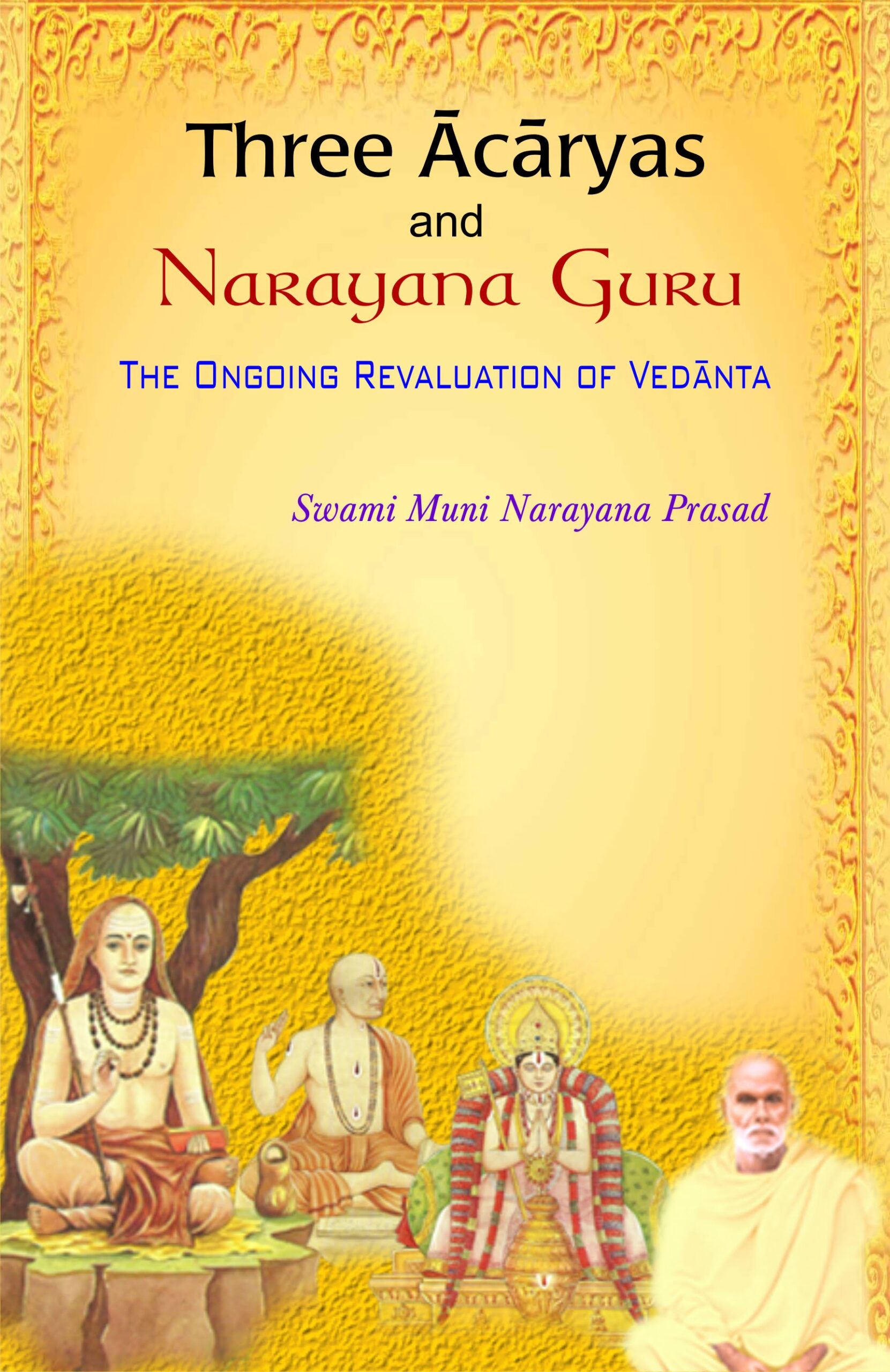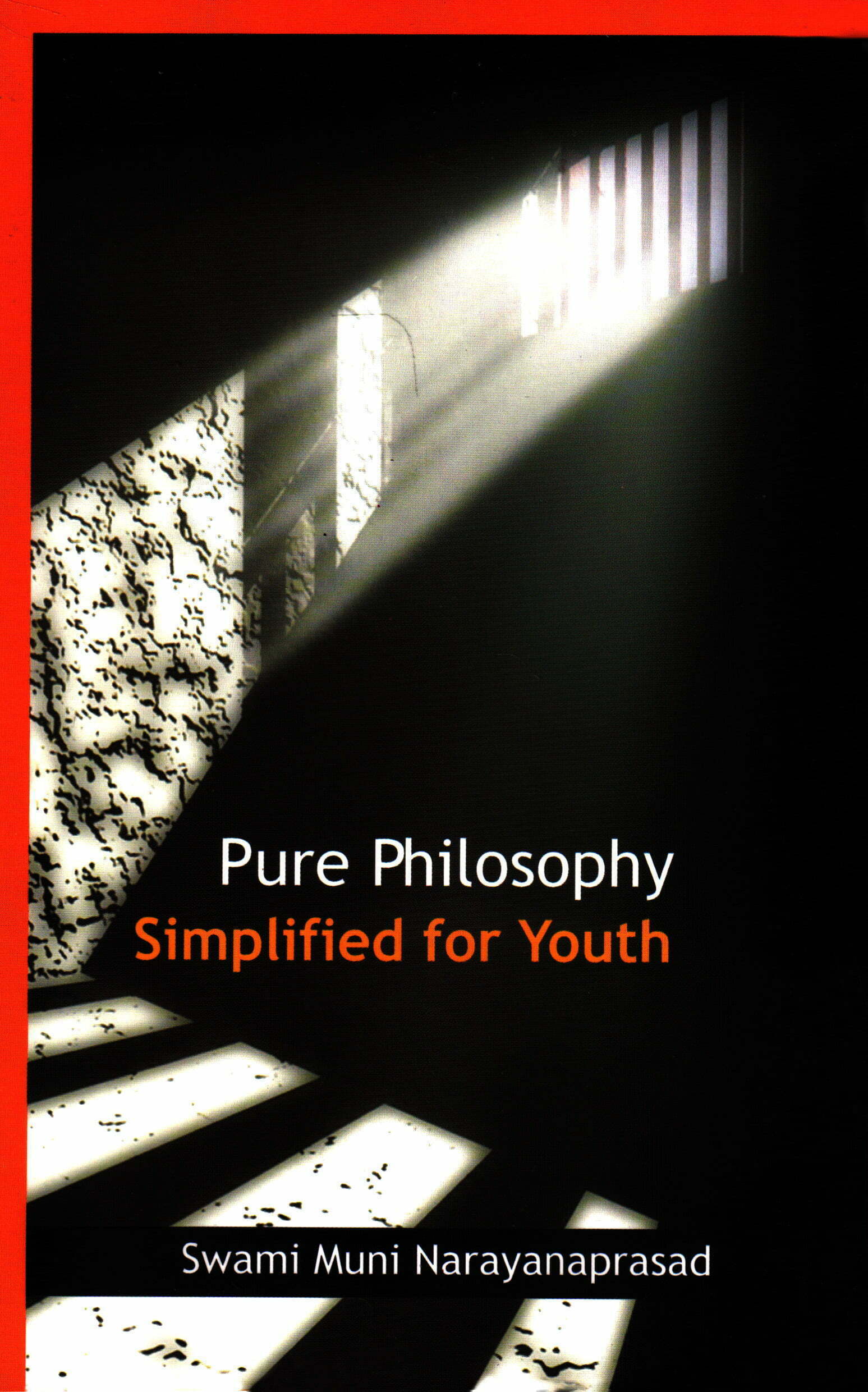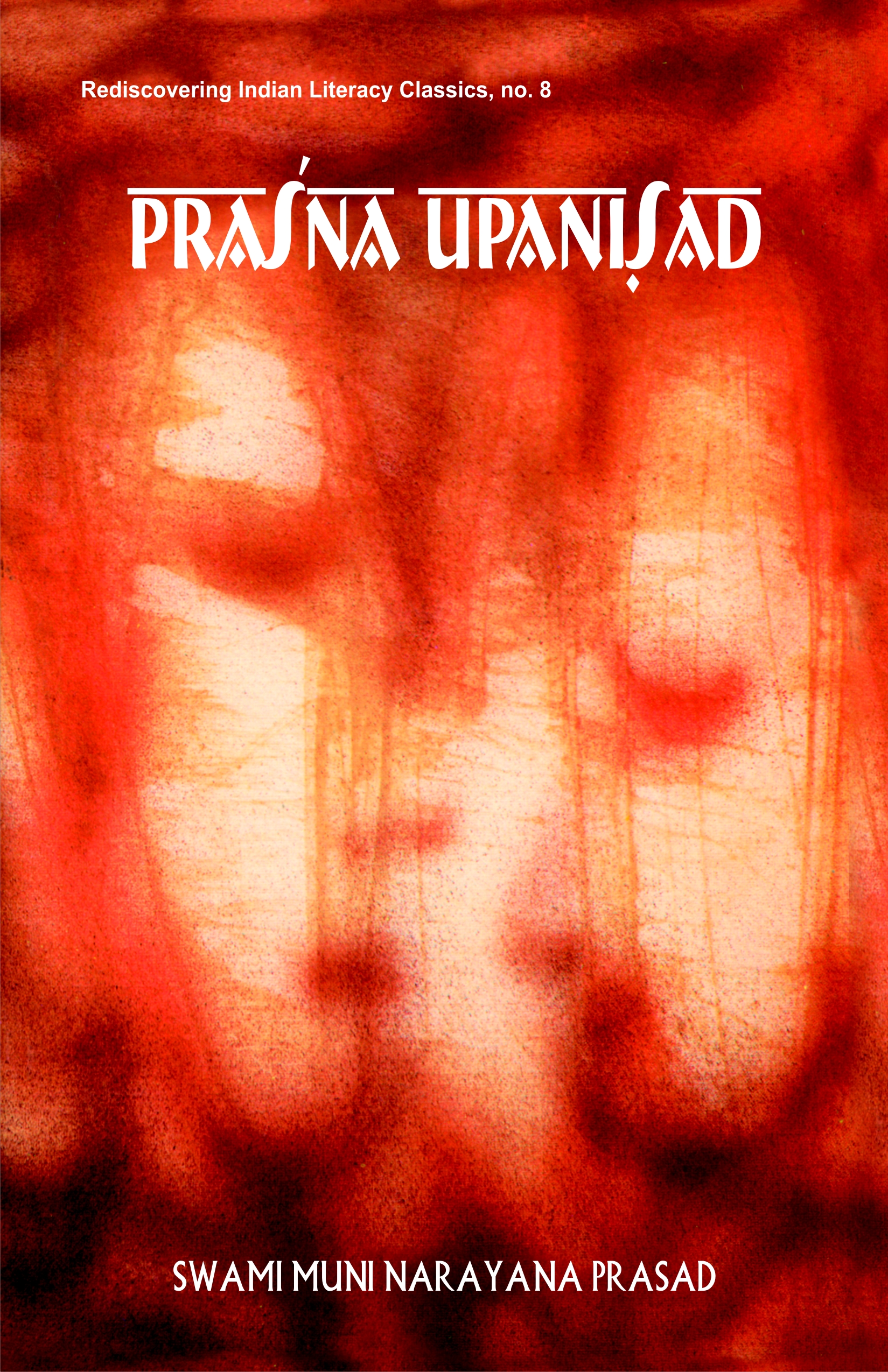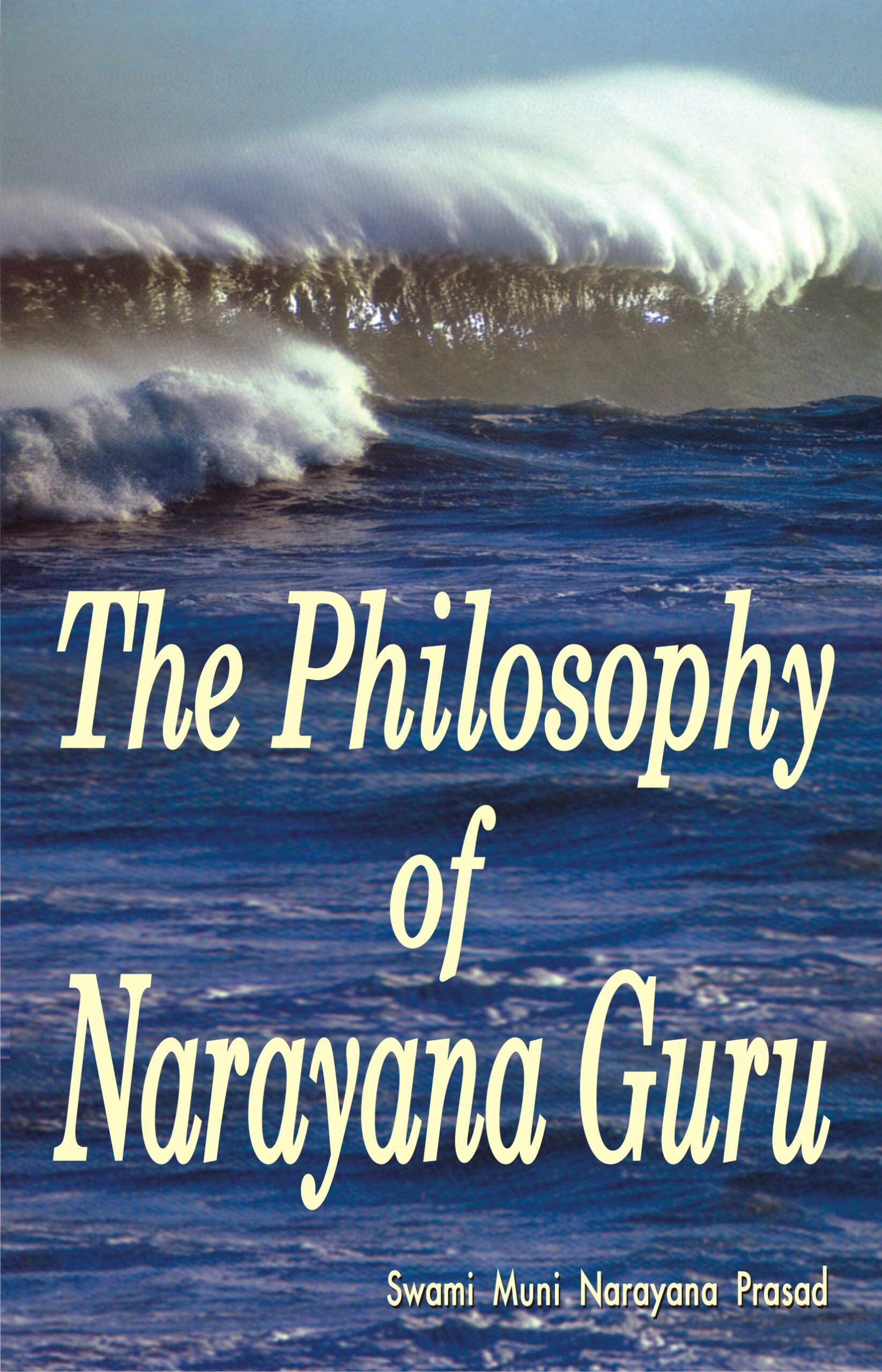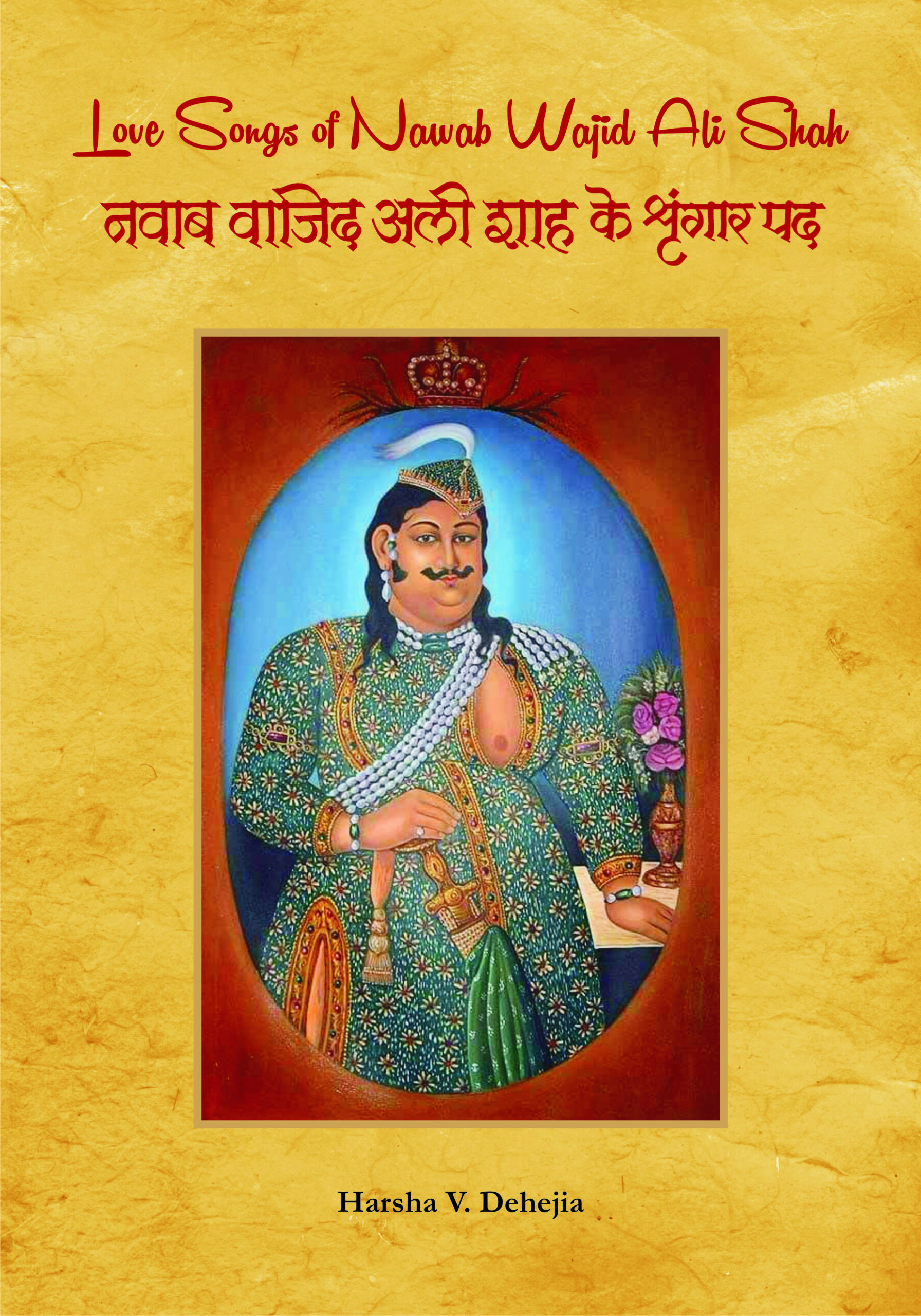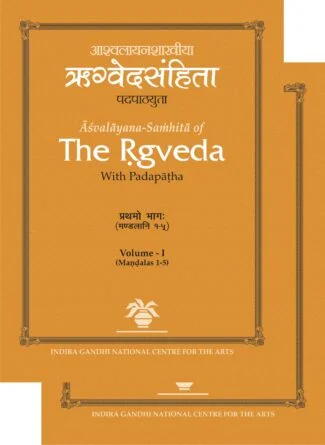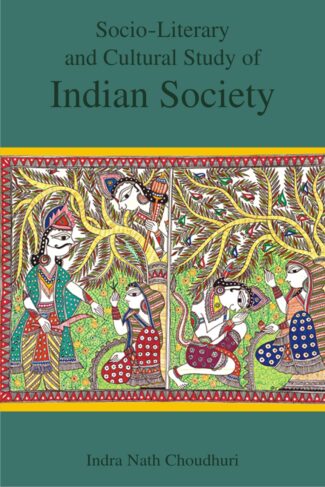

Atmopadesh Satak...
Atmopadesh Satak
One Hundred Verses of Self-Instruction by: Narayana Guru , Swami Muni Narayana PrasadAtmopadesa Sataka, mentioning one single principle, explains that mere virtue of gaining knowledge is not an end in itself. Its usefulness should be seen in the social, religious and veneration realms.
₹120.00 Original price was: ₹120.00.₹108.00Current price is: ₹108.00.
ISBN: 9788124601310
Year Of Publication: 1999
Edition: 1st
Pages : iv, 156
Language : Hindi
Binding : Paperback
Publisher: D.K. Printworld Pvt. Ltd.
Size: 22 cm.
Weight: 200
Atmopadesa Sataka, mentioning one single principle, explains that mere virtue of gaining knowledge is not an end in itself. Its usefulness should be seen in the social, religious and veneration realms.

- Sale!Ancient History of India by: Charles J. Naegele
₹500.00Original price was: ₹500.00.₹450.00Current price is: ₹450.00.This is a fresh look at the history of Ancient India, centering on the Law Code of Manu (Manusmriti / Manu Dharmashastra), and its relationship to Rigveda and its possible relationship to the Indus/Harappan Civilisation of 4000 to 5000 years ago. It also throws light on Aryan society and culture, castes and guilds, use of technology and related practices in the Indus Valley Civilisation.
Dr. Charles Naegele, a practicing lawyer in Silicon Valley, California, USA, and a lifelong student of classical Indian knowledge, has written a work that will be certain to stir up controversy regarding the re-dating of the Law Code of Manu and the well-documented research concerning almost no possibility of Aryan Invasion Theory and the numerous similarities between the text of the Law Code of Manu and the archeological finds from the Indus/Harappan Civilisation.
Scholars and history buffs, as well as everyone who is proud of Indian heritage will enjoy not only this work, but also his future works. - Sale!Love Songs of Nawab Wajid Ali Shah by: Harsha V. Dehejia
₹795.00Original price was: ₹795.00.₹716.00Current price is: ₹716.00.This impressively illustrated volume brings forth the evergreen spirit of a Muslim ruler of Awadh, Nawab Wajid Ali Shaw (1822-87), in composing love poetry taking a cue from the amorous Krishna leela and assimilating and practising the same in personal life. A trained Kathak dancer himself and a dedicated patron of poetry, painting and performing arts, Wajid Ali Shah immersed in the rasa of dance, music and drama, and got deeply indulged in the many an expression of shringar, while administering the political affairs of his state.
Recalling the different facets of Nawab Wajid Ali’s life, the book explores the state and fame of Lucknow, of his times, where the Nawab lived a life of refinement and pomp, and attracted the best talents in arts and crafts. It also portrays how were dance and music enjoying pride of place during his reign.
While presenting a penetrating account of Ali Shah’s poetry, the book revisits his musical scholarship, history of his times and presents his poems with English translation. It as well showcases the best paintings centring around his personal and cultural life, and guides one go through the religious and cultural harmony prevailed in Awadh where a lot of factors were at play effecting acculturation between the Hindus and the Muslims, popularly known as the Ganga-Jamuni tehzeeb. - Sale!Asvalayana-Samhita of The Rigveda (2 Vols. Set) by: B.B. Chaubey
₹2,500.00Original price was: ₹2,500.00.₹2,250.00Current price is: ₹2,250.00.Among the twenty-one Sakha-Samhitas of the Rigveda, as mentioned by Patanjali, only seven Samhitas were known by name and among these too, only one Sakala-Samhita was available in printed form so far. Now with the publication of the present editon of the Ashvalayana-Samhita a complete picture of a new Sakha-Samhita will come to fore for the first time. In comparison to the Sakala-Samhita, the Ashvalayana-Samhita has 212 additional mantras among which some occur in the common suktas and others form 16 additional complete suktas. Among these additional suktas special mention may be made of Kapinjala-sukta (II.44), Lakshmi-sukta (V.88-89), Pavamana-sukta (IX.68), Hiranya-sukta (X.130), Medha-sukta (X.155) and Manasa-sukta (X.171).
The book in two volumes presents the full text of the Ashvalayana Samhita of the Rigveda with padapatha, marked with proper accent marks. The additional mantras of the Ashvalayana Samhita followed by their translation in English and Hindi are also provided at the end of the Samhita text.
In a detailed introduction of the text the learned editor has examined the existence of Sakha-Samhitas of the Rigveda as mentioned by the Puranas, Patanjali, Mahidasa and other authorities, scrutinising textual evidence in support of them. The focus is, however, on the Ashvalayana-Samhita, with a background on Acarya Ashvalayana and exploring the antiquity, treatment of accent and padapatha of the text by referring to various sources. - Sale!Socio-Literary and Cultural Study of Indian Society by: Indra Nath Choudhuri
₹1,500.00Original price was: ₹1,500.00.₹1,350.00Current price is: ₹1,350.00.The Socio-Literary and Cultural Study of Indian Society from Ancient to Modern is a search for India’s heritage: Hindu, Sufi and about Nationalism and India’s freedom from her colonial past. It is analytical but not learnedness. The author believes as Iqbal, the famous Urdu poet, said: “Transcend your reason because though it is a glow, it is not your destination; it can only be the path to the destination show.” People, both Indian and foreign, who want to understand Indian heritage from Ancient to Modern in a simple, agreeable style and friendly manner, is the author’s destination. In this volume, he has tried to demolish many myths like dharma is religion, Vedas are Śruti though the Almighty ordered six ṛṣis to write them down. A Hindu is just not emotional in mind, he also believes in analytic discussion (tarka). Upaniṣads are not just created by ṛṣis but also by a revolution unfolded by the students by barraging questions after questions.By explaining about the vitality of India and many other subjects, the book elucidates many things about the idea of India in an authentic manner. The readers will find here many varieties of theological explication, ultimately leading to the celebration of life while searching for the divine and realizing the self.
- Sale!Rasa in Aesthetics by: Priyadarshi Patnaik
₹990.00Original price was: ₹990.00.₹891.00Current price is: ₹891.00.The Indian tradition of criticism is over two millennia old. And its rasa theory has, from the beginning, essentially influenced authors, connoisseurs and art critics alike. First expounded sometime between the 1st century bc and the fourth century AD in the eminent aesthetician, Bharata’s Natya Shastra, rasa theory deals with the ‘emotive content’ of a work of art — how it is depicted, inferred and transmitted. Dr. Patnaik’s book is a unique effort that demonstrates, with diverse examples, the universality of this ancient theory and its applicability to modern Western classics. Elucidating afresh the concept of rasa and all its nine primary kinds largely on the basis of Natya Shastra of Bharata and the commentaries of the tenth-century aesthetician, Abhinavagupta, the book investigates the validity of rasa theory as an aesthetic, more specifically, a literary theory, and how its canons are applicable to modern Western literature as well as Chinese love lyrics and Japanese haiku poems. Dr. Patnaik’s transcultural exploration, thus, covers all major genres of literature — poetry, drama and fiction; and also major writers — Lawrence, Mayakovsky, Kafka, Camus, Conrad, Hemingway, Faulkner, Marquez, Eliot, Hesse, O’Neill, Ionesco, Beckett, Lorca, Neruda and several others. In emphasizing the universal validity of the rasa theory, the author considers certain modern problems relevant to text, meaning and readers’/audiences’ response as well. Very few are the examples of applied rasa theory even in Sanskrit and other Indian literatures, leave alone its application to Western creative writing. This book, with its bold framework and lucid style, should, therefore, fascinate the scholars of Indology, Indian aesthetics and, above all, comparative literary criticism.


